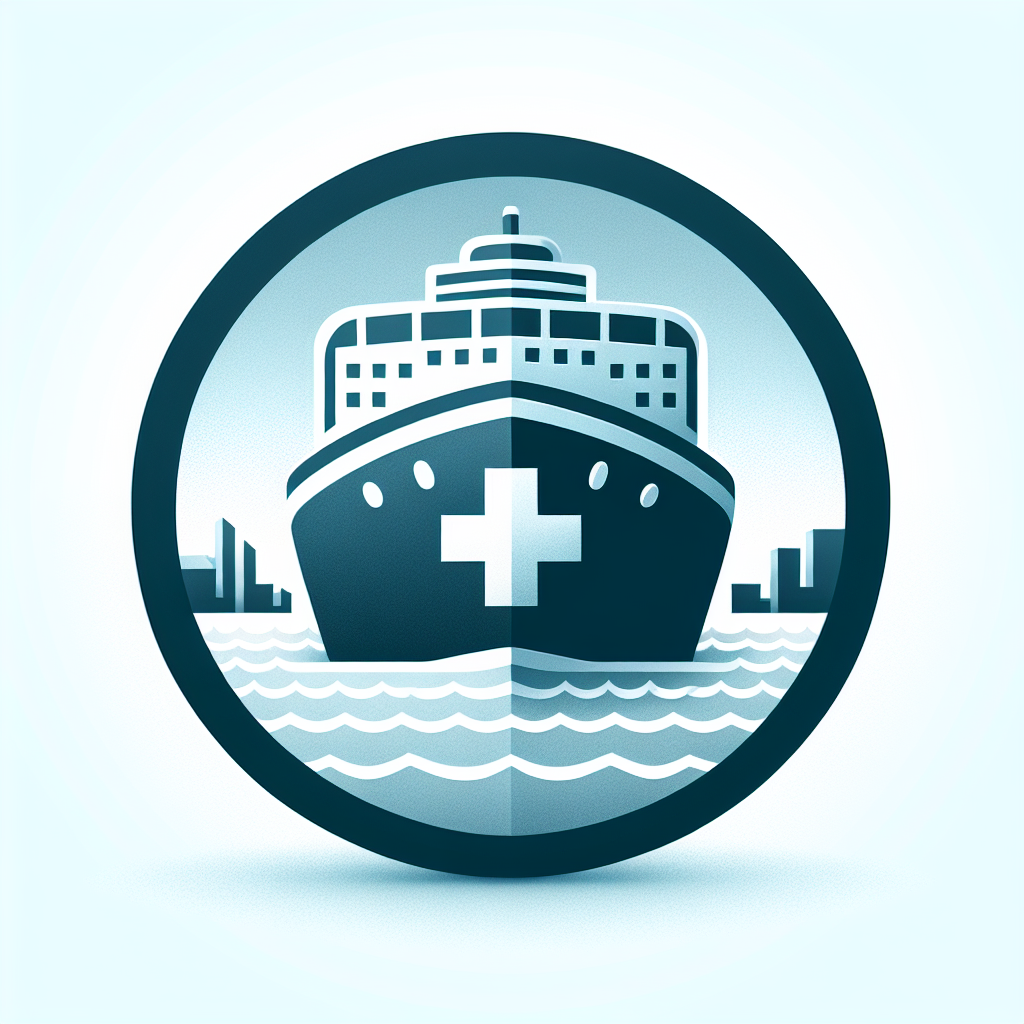A record 34.7 million people are anticipated to embark on cruise trips in 2024, according to the Cruise Lines International Association (CLIA). However, without caution, some may face hefty medical bills.
It’s crucial for cruise travelers to examine their cruise line’s terms, especially regarding medical care.
A worst-case scenario could involve paying thousands of dollars before disembarking, as Vincent Wasney experienced. Wasney, uninsured at the time, took a cruise in December 2022. After suffering seizures, he was evacuated by rescue boat and faced a $2,500 bill for on-ship medical care. Royal Caribbean requires guests to settle all onboard costs before the cruise ends.
Even insured passengers could incur significant medical expenses during emergencies, as most cruise ships don’t accept health insurance.
Understanding Cruise Ship Medical Care:
Common Health Concerns:
Medical staff onboard handle issues similar to emergency and urgent care centers on land, including chest pain, abdominal pain, fever, injuries, and mental health issues, stated Joe Scott of the American College of Emergency Physicians. The U.S. CDC warns that ships can facilitate the spread of diseases.
Cruise Ship Capabilities:
CLIA member cruises must comply with guidelines set by the ACEP, requiring at least one medical professional available 24/7, an examination room, an intensive care room, and necessary medical equipment. Larger ships can manage emergencies for a few days, and 95% of conditions are managed onboard according to the CDC.
Insurance and Cruises:
Cruise ships typically don’t accept health insurance due to the complexity of various international plans. Guests are encouraged to seek reimbursement after returning home, but coverage varies; for instance, Medicare doesn’t cover services obtained more than six hours from a U.S. port.
Travel Insurance:
To protect themselves, travelers should buy travel insurance covering medical expenses. Premiums could be a couple of hundred dollars, but can save thousands in emergencies. Scott advises purchasing plans covering current medical conditions and trip destinations. Sufficient medical evacuation coverage is essential, with costs potentially reaching over $100,000 in remote areas.
Preventative Measures:
Scott recommends bringing extra medications, a prescription list, medical problem details, and doctor contact information. Frequent hand washing, staying hydrated, and knowing physical limits are also advised for a healthy cruise experience.
